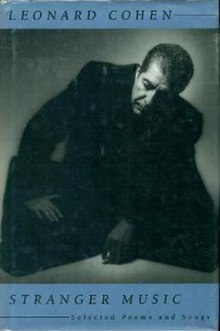We’ve looked at what constitutes success in a few old threads, including these:
https://paulpens.cloudaccess.host/wp-admin/post.php?post=788&action=edit
https://paulpens.cloudaccess.host/wp-admin/post.php?post=124&action=edit
But, I was recently reading an article by writing guru Jane Friedman, where she said that “The only true measure of a book’s success is sales”.
Strictly speaking, she’s correct, for any artist creating a piece of work to be sold to the public is entering commerce. Films are judged by their box office receipts, paintings become treasures by reaching stratospheric auction prices, a musician’s sales are proof of their talent (or their publicist’s marketing skills), so why shouldn’t a writer’s progress as a writer be measured by sales?
But, that ignores the writer’s relationship with their stories, the struggle they went through to get the ideas onto the page. It’s an achievement to write a book. Many say that they want to, but do nothing about it. We work alone, though the support of friends, family and writing group members is a comfort. But, we’re still alone, unsure of where we’re going, so how do we gauge our progress?
Looking at my efforts since I returned to creative writing in 2013, I’ve typed about 2,000,000 words, some of which worked as story-telling. I’ve self-published 48 titles of short stories, novellas, poetry and song lyrics, arousing little interest in readers. I’ve completed five novels in my Cornish Detective series, querying agents 750 times, which has increased the depth of my hide. I may finally have piqued the interest of a publisher, who asked for a full manuscript this summer. I’m waiting on them. I’m ready to self-publish on Amazon’s KDP Select should they say ‘No’.
I’ve also started this writing blog and a website devoted to my Cornish Detective. Somehow, that didn’t feel like progress, more like putting scaffolding into place for a house of stories that few may visit.
I’m not sure if I’m sanguine or cynical about the business of publishing. I do know that it’s best not to take myself too seriously when receiving rejections.
I love writing stories. It’s joyful for me. In the last six years, I’ve learned a lot about technique and punctuation, which is progress, but for me, it’s the reactions of readers that show how I’ve improved.
Three of my friends offered to be beta readers of a novella about assisted suicide, and all cried at the same point (Yes!), which made me tear-up too and I knew what was going to happen!
I wrote humorous poetry for infants, which made the daughters of a friend laugh and start writing their own poems. Blimey, I’m influential! A short story I wrote was satisfying to one reader, as it ended exactly as she hoped, which was my intention. It’s great to surprise readers, but there are times when they crave the predictable.
Not to forget, that writing stories creates a fresh identity for you, which is real progress keeping you interested in who you are and arousing curiosity in others. Anyone who produces a book is infinitely more intelligent and sexier than they were before!
Huge sales of your books would be fantastic, but it’s the human reactions that really matter. Isn’t it?
How do you gauge your progress as a writer?
By blogging or communicating on social media?
By contributing to a writing group?
By typing 5,000 words daily?
By getting a response from readers?











